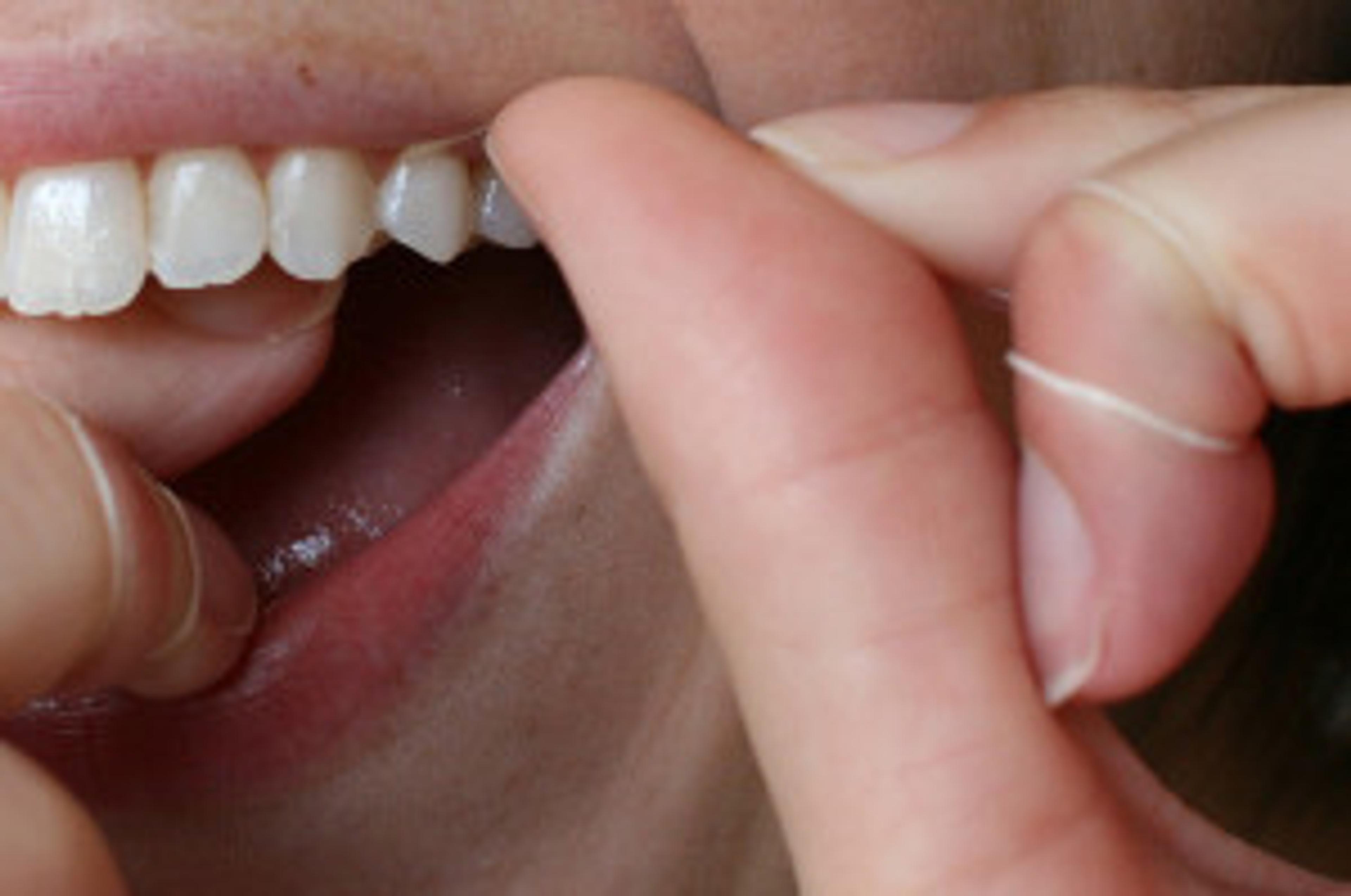What happens in your mouth can hurt your body

Carly Getz
| 3 min read

This blog post is part of #HealthyMe, a personalized web experience based on your health and wellness goals. To sign up today, visit http://www.ahealthiermichigan.org/healthyme
I’ve always taken decent care of my teeth. I’ll admit to skipping a few dentist appointments, but I brush and floss regularly. There was always a little bleeding when brushing, but that’s normal. As long as I was doing the basics, why would I be worried about my oral health?
Turns out, a little bleeding is not normal. And by the time I was 20 years old, I was diagnosed with periodontal disease.
More than a third of Americans incorrectly believe that a little bleeding when brushing is normal, or don’t know that it’s not. And while half of American adults suffer from gum disease, only three percent receive proper treatment. If left untreated, periodontal disease can not only lead to tooth loss, but also affect other aspects of your body’s overall health.
Those with gum disease are more likely to have chronic disease – like diabetes – and other severe health problems – such as stroke and heart disease. Studies have also linked periodontal disease with increased risk of preterm birth and dementia.
One in five Americans admit to not brushing twice a day and only half say they floss at least once a day. But while proper oral hygiene is a leading risk factor, there are other variables in the equation.
Just as your mouth can affect the health of your body, your body can affect the health of your mouth. According to the American Academy of Periodontology, risk factors for gum disease include:
- Age
- Smoking/tobacco use
- Genetics
- Stress
- Medications
- Clenching or grinding your teeth
- Other systemic diseases
- Poor nutrition and obesity
If you’re at risk for gum disease, “decent” care of your gums and teeth might not cut it. Here are some tips for taking care of your mouth that I wish I’d learned sooner:
- Spend time learning the correct way to brush and floss, and consider getting an electric toothbrush and water flosser
- To see if you’re brushing effectively, get disclosing tablets to make dental plaque visible.
- Use antiseptic mouthwash to kill the bacterial plaque that causes gum disease and cavities.
- Place your brush, uncovered, in your medicine cabinet between uses. Many people try to avoid getting germs on their toothbrush by covering it after brushing. This creates a cool, damp environment that encourages the growth of microorganisms.
- Try to get to the dentist every six months, as recommended by the American Dental Association. If something comes up, try to reschedule your appointment rather than skipping it altogether.
- Stop sharing. While most of us would never share a toothbrush, many of us freely pass around drinks and chapstick, passing germs and infection from mouth to mouth.
- Ignore the “five second rule.” Food picks up germs immediately upon hitting the floor. You’re not doing your mouth any favors by eating the types of bacterial that can live on hard surfaces.
Photo Credit: Patricia H. Schuette





